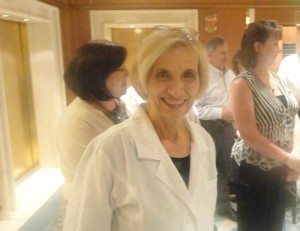……….. WHAT’S NEW!
- If there are negative feelings gnawing at you, do you know the cause, and is there anything you could do to solve the problem?
Emotions are contagious, for better or worse. It’s your choice. Find out what you can do.
For More Information See:
http://dealbook.nytimes.com/2013/06/14/overcoming-your-negativity-bias/
- How did you feel about the election news coverage, name calling, scandals?
Did you feel upset, unhappy, or depressed? The built-up excitement of an anticipated event causes the body to react to the highly charged environment. Your brain circuits become “hyperactivated,” which then causes a chemical crash after the event is over. Find out what you can do to solve this problem.
For More Information See:
http://qz.com/837739/election-postpartum/
- Did you know that some people in their 90’s with physical markers of Alzheimer’s disease in their brains are not affected with memory problems?
Studies from Northwestern University revealed that this unique population may help uncover the interplay between physical and cognitive symptoms in Alzheimer’s disease.
For More Information See:
http://www.futurity.org/older-adults-memory-alzheimers-1299162/
- Did you know that hitting a soccer ball just one time can cause some brain damage?
Researchers from Scotland reported this from their recent study. The effects faded after 24 hours, but researchers cautioned that these effects may be cumulative.
For More Information See:
http://blog.brainhq.com/2016/10/26/heading-soccer-ball-just-one-time-can-damage-brain/
http://www.ebiomedicine.com/article/S2352-3964(16)30490-X/abstract
- Can an antibiotic restore cell communication in brain areas damaged by Alzheimer’s-like disease?
At the University of British Columbia, scientists are studying the effects of Ceftriaxone, a common antibiotic, on cell communication networks in the brains of rats with Alzheimer’s disease. They are hopeful that this is going to help to unlock some new pathways to treat this disease at the early stages.
For More Information See:
https://www.sciencedaily.com/releases/2016/11/161115150237.htm
![]()


